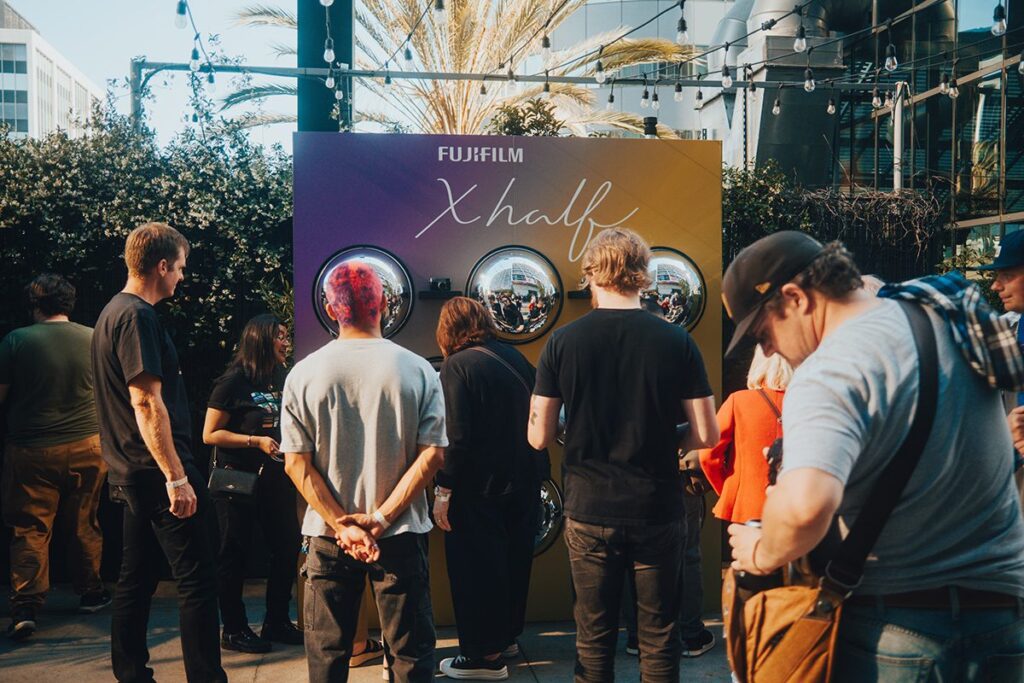
Before the new beverage Enviga even hit store shelves last November, critics were warning that its calorie-burning claims were off base.
And now, the Connecticut Attorney General is investigating claims that Enviga can burn calories. Beverage Partners Worldwide, a joint venture between Coca-Cola and Nestlé USA, Inc, markets the beverage.
The investigation follows a lawsuit filed last week by The Center for Science in the Public Interest (CSPI), against both Coca-Cola and Nestlé charging that the companies made fraudulent claims in both the marketing and labeling of Enviga.
The Connecticut inquiry focuses on claims that consuming a can of Enviga causes a consumer to “end up burning more (calories) than you consume—so for the first time you can actually drink negative,” AG Richard Blumenthal said in a statement.
He said Enviga promotions claim that consuming three cans of the carbonated caffeinated beverage over the course of a day helps increase calorie burning by an average of 106 calories.
Beverage Partners Worldwide said that it stands behind the science that supports its claim that Enviga invigorates a person’s metabolism to “gently” burn calories.
“We have been clear that Enviga is not positioned as a weight loss product, but is designed to complement, not replace, regular exercise, a sensible diet and other healthy choices you make throughout the day,” Coca-Cola spokesperson Ray Crockett said.
Blumenthal has requested, in writing to BPW, Coca-Cola and Nestlé, evidence to support the claims. He said the claims appear to rely on “unpublished” studies.
“Unless there are credible scientific studies to support these calorie-burning claims, they may be nothing more than voodoo nutrition,” Blumenthal said. “Promise of wondrous weight loss must be supported by science, not magic. These two reputable companies imperil their own credibility if they exploit the public’s perennial impossible dream – a magical drink that may be perceived as a substitute for exercise and a balanced diet.”
Blumenthal is not wasting any time.
He has demanded by next week copies of all scientific studies, clinical trials, tests or other evidence that support the calorie-burning claims, as well as information on any group that may have sponsored the studies.
“‘Drink negative’ could become the rallying cry for stronger diet gimmick regulation,” he said.
The regional launch of the green tea product last fall included major consumer sampling programs at venues and events in the New York metro and Philadelphia areas. Out of home and print ads reinforced the claim that the beverage can burn calories. P-O-P materials also supported, as does a dedicated Web site, Enviga.com. A PR push generated significant exposure for the brand.
Enviga launches nationally this month. It is already being sold in New York, New Jersey and Philadelphia. The beverage contains caffeine, calcium and a green tea extract.
In the CSPI lawsuit, it said that its scientists who reviewed the studies cited by Coke and Nestlé found that Enviga is “just a highly caffeinated and over-priced diet soda, and is exactly the kind of faddy, phony diet aid it claims not to be”.
The suit was filed Feb. 1 in the U.S. District Court in New Jersey. CSPI had warned Coke and Nestlé in December that it would file the suit if the two continued to use the unsubstantiated claims on ads and packaging.
“If the Food and Drug Administration were at all credible, major corporations like Coca-Cola and Nestlé wouldn’t try to take consumers to the cleaners like this,” said CSPI executive director Michael F. Jacobson in a statement.
“Imagine—two of the companies partly responsible for the general fattening of America are now urging us to pay them $4 a day to slim down with Enviga. The chutzpah!”
Last October, as Coca-Cola and Nestlé readied the launch of Enviga, Marion Nestle, a nutrition professor at New York University (and who has no relation to the company partnering with Coca-Cola), was quoted by Reuters as saying, “The idea that this drink will help people lose weight is just ridiculous. It is an example of the lengths to which companies will go to sell products.”
At the time, Coca-Cola’s Ray Crockett countered by saying that Coca-Cola can substantiate the calorie-burning efficacy of Enviga.
 Network
Network

